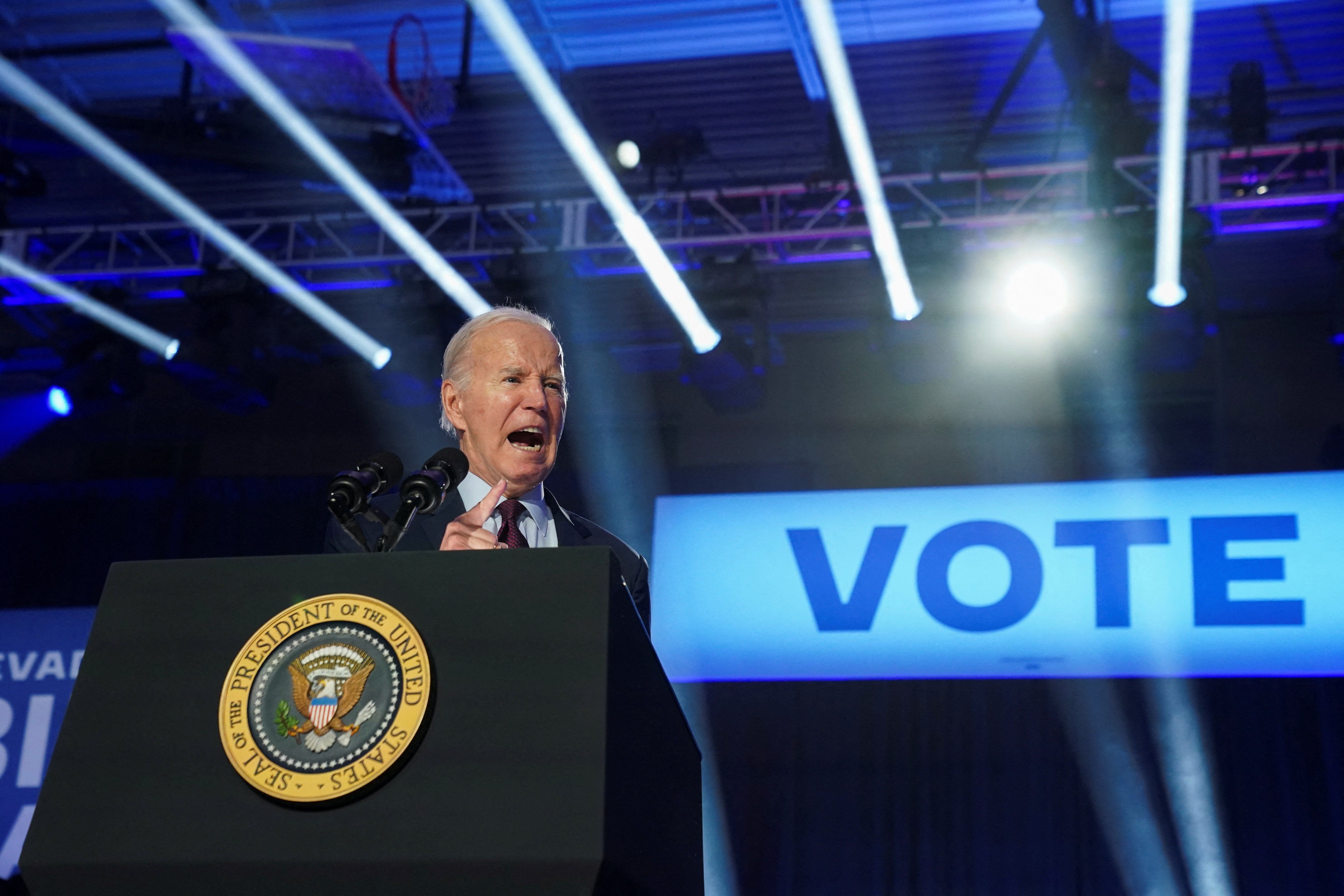Nevada will host its Democratic and Republican primary on Tuesday, and then another Republican caucus on Thursday. Confused? Allow us to explain.
In 2021, Nevada passed a law to replace its caucus system with a primary. But there’s a loophole: The state is required to hold a primary, but the parties still control how delegates are appointed.
Donald Trump pressured state party leaders to ignore Tuesday’s state primary and allocate its 26 delegates to the winner of a party-run caucus two days later. Trump, realizing the power state party officials wield in the primaries, has executed a backroom campaign to bend the rules in his favor.
Candidates could not participate in both races, and Nikki Haley chose the delegate-less primary in the hopes of generating headlines from a symbolic win while focusing on the next primary in South Carolina. This strategy could backfire if Trump supporters chose the “None of These Candidates” instead of voting for her. Trump, alone on the only ballot that matters, is guaranteed to lead Haley 59-17 after Nevada.
Although President Joe Biden is expecting an easy win in the primary, he has been campaigning hard in Nevada. After winning the swing state by just 3% in 2020, his campaign is trying to shore up support in preparation for a tough rematch against Trump in the general election.